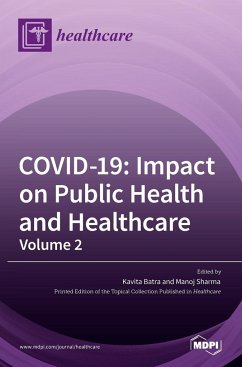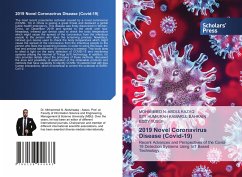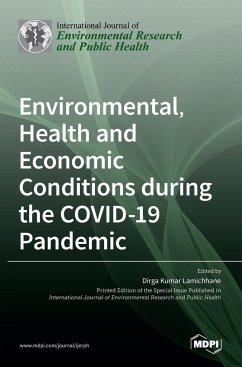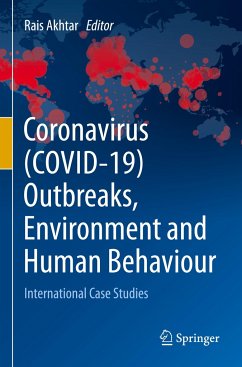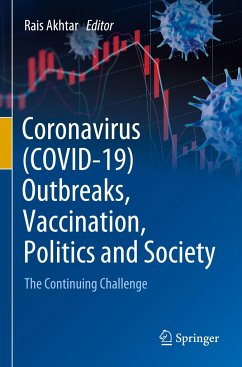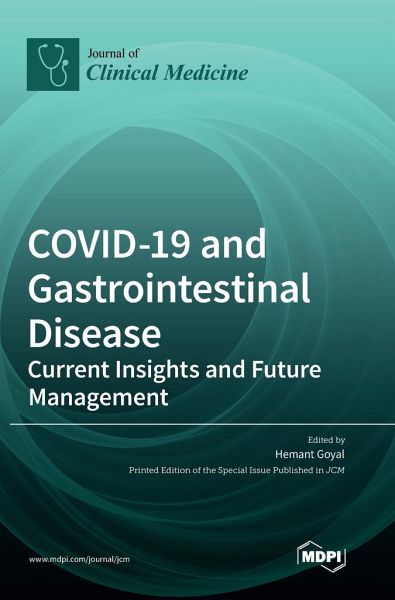
COVID-19 and Gastrointestinal Disease
Current Insights and Future Management
Versandkostenfrei!
Versandfertig in 1-2 Wochen
68,99 €
inkl. MwSt.

PAYBACK Punkte
34 °P sammeln!
COVID-19 is the most prominent and rapidly evolving public health concern in the world currently. The gastrointestinal manifestations of COVID-19 are increasingly being recognized. SARS-CoV-2 infection has been associated with the occurrence of nausea, vomiting, and diarrhea. SARS-CoV-2 has also been causing pancreatic and hepatic injury. Emerging data have shown that COVID-19 patients continue to shed the virus into their stools, even when patients test negative for COVID-19 in pulmonary secretions. However, the epidemiology, pathogenesis, and treatment of SARS-CoV-2-related gastrointestinal ...
COVID-19 is the most prominent and rapidly evolving public health concern in the world currently. The gastrointestinal manifestations of COVID-19 are increasingly being recognized. SARS-CoV-2 infection has been associated with the occurrence of nausea, vomiting, and diarrhea. SARS-CoV-2 has also been causing pancreatic and hepatic injury. Emerging data have shown that COVID-19 patients continue to shed the virus into their stools, even when patients test negative for COVID-19 in pulmonary secretions. However, the epidemiology, pathogenesis, and treatment of SARS-CoV-2-related gastrointestinal manifestations are poorly understood. The pandemic has also had a significant impact on gastroenterologists, endoscopists, and other ancillary staff. Moreover, in the past, systematic respiratory virus syndrome (SARS) was shown to be transmitted by endoscopes, which is a big concern with COVID-19, as it shares many pathological features with SARS. The deferral of elective endoscopic procedures has negatively affected gastroenterologists. This Special Issue focuses on the current situation of this pandemic. It aims to provide insight into the gastrointestinal manifestations of COVID-19 and its effects on endoscopic procedures. I believe that this issue will be beneficial not only for gastroenterologists but also other healthcare workers around the world to recognize the often-ignored clinical gastrointestinal manifestations of COVID-19.





